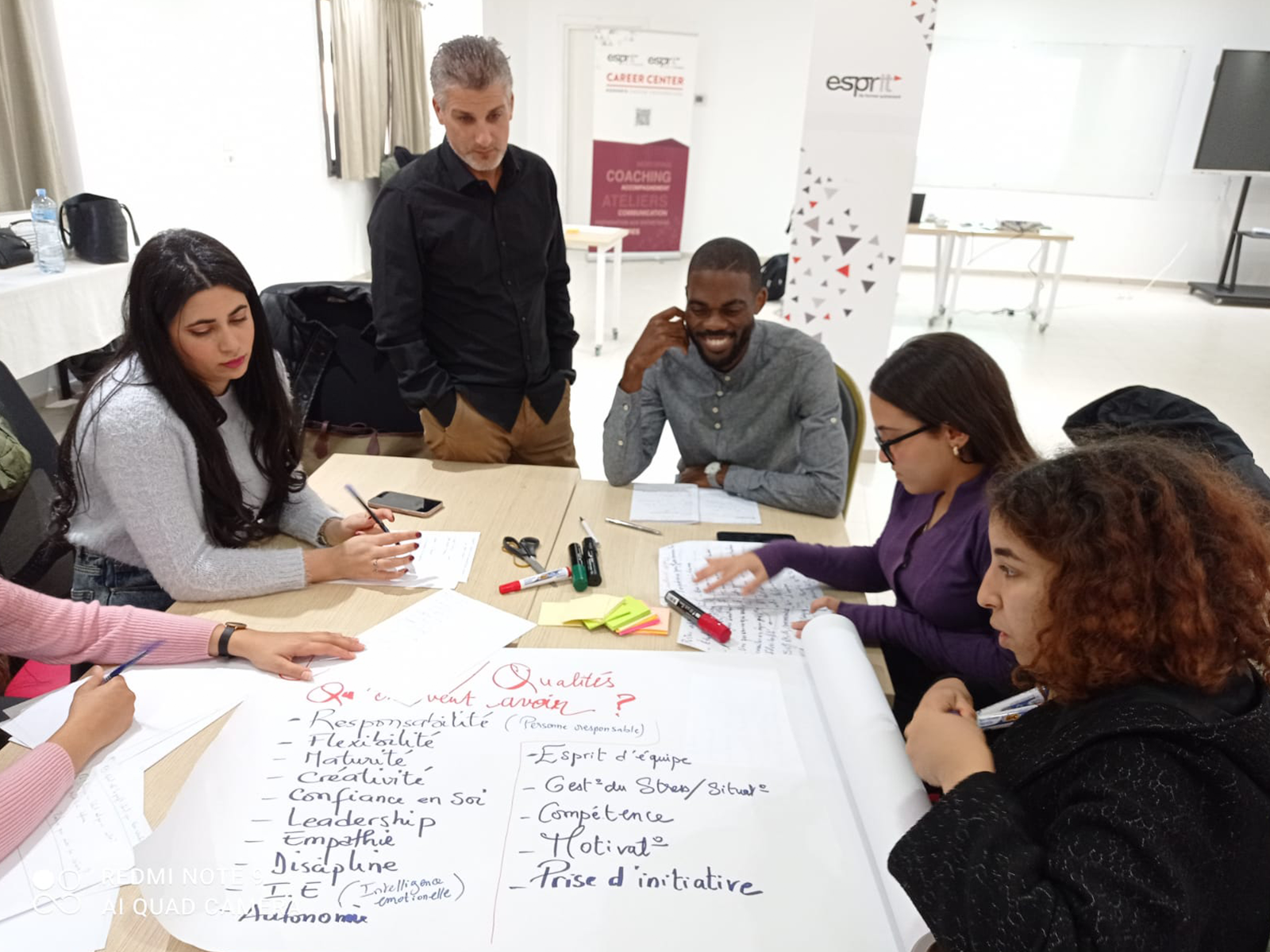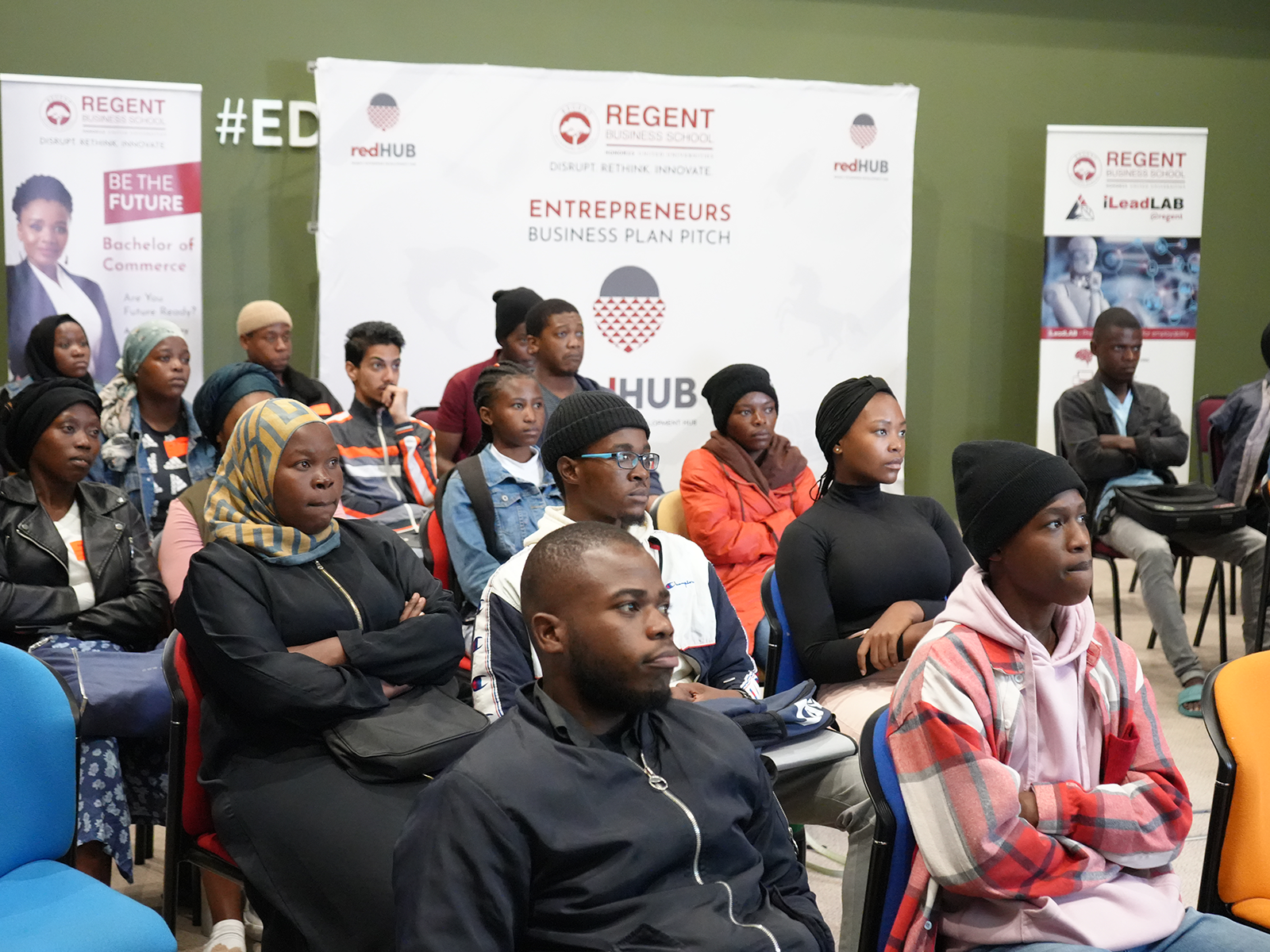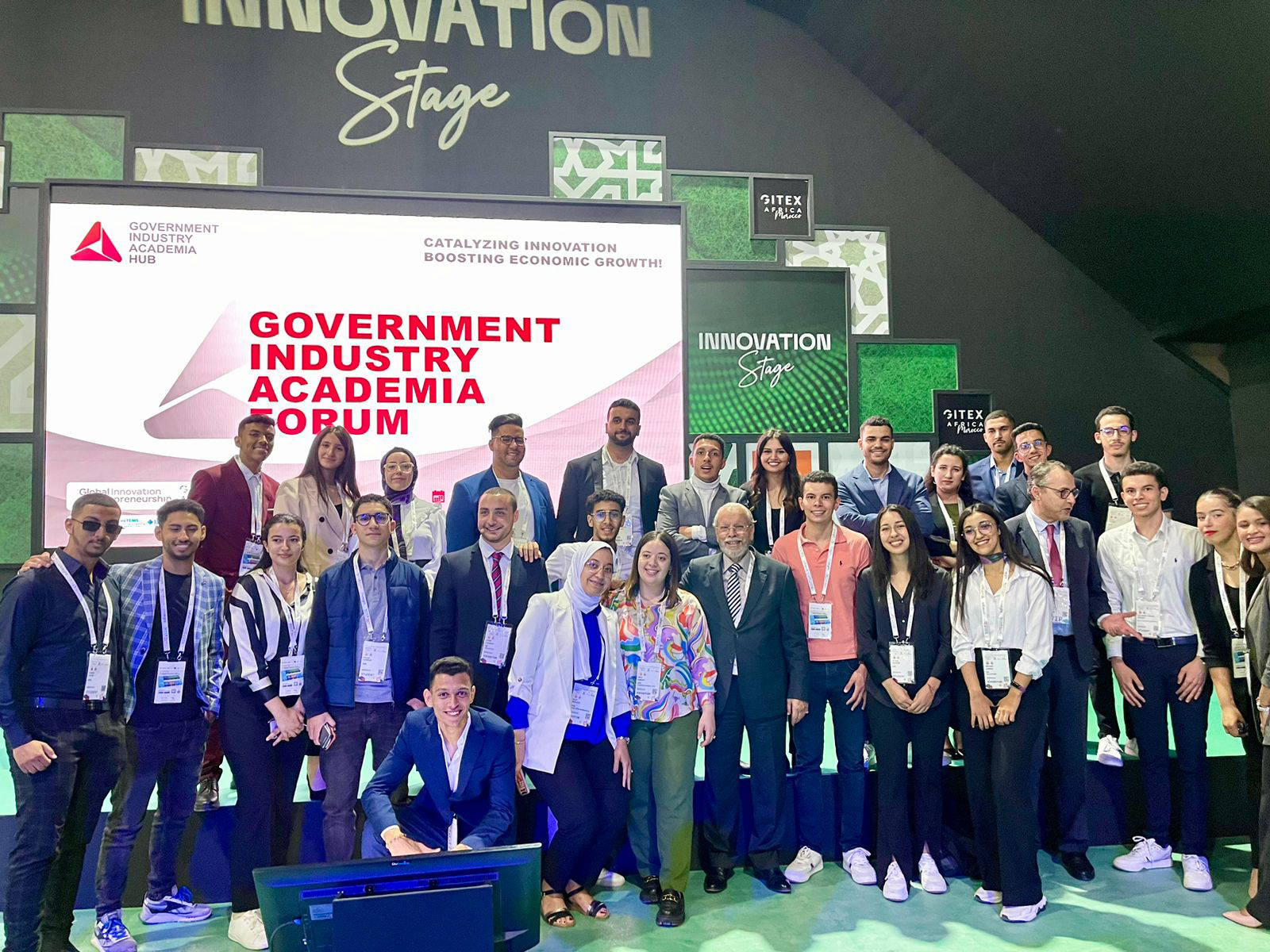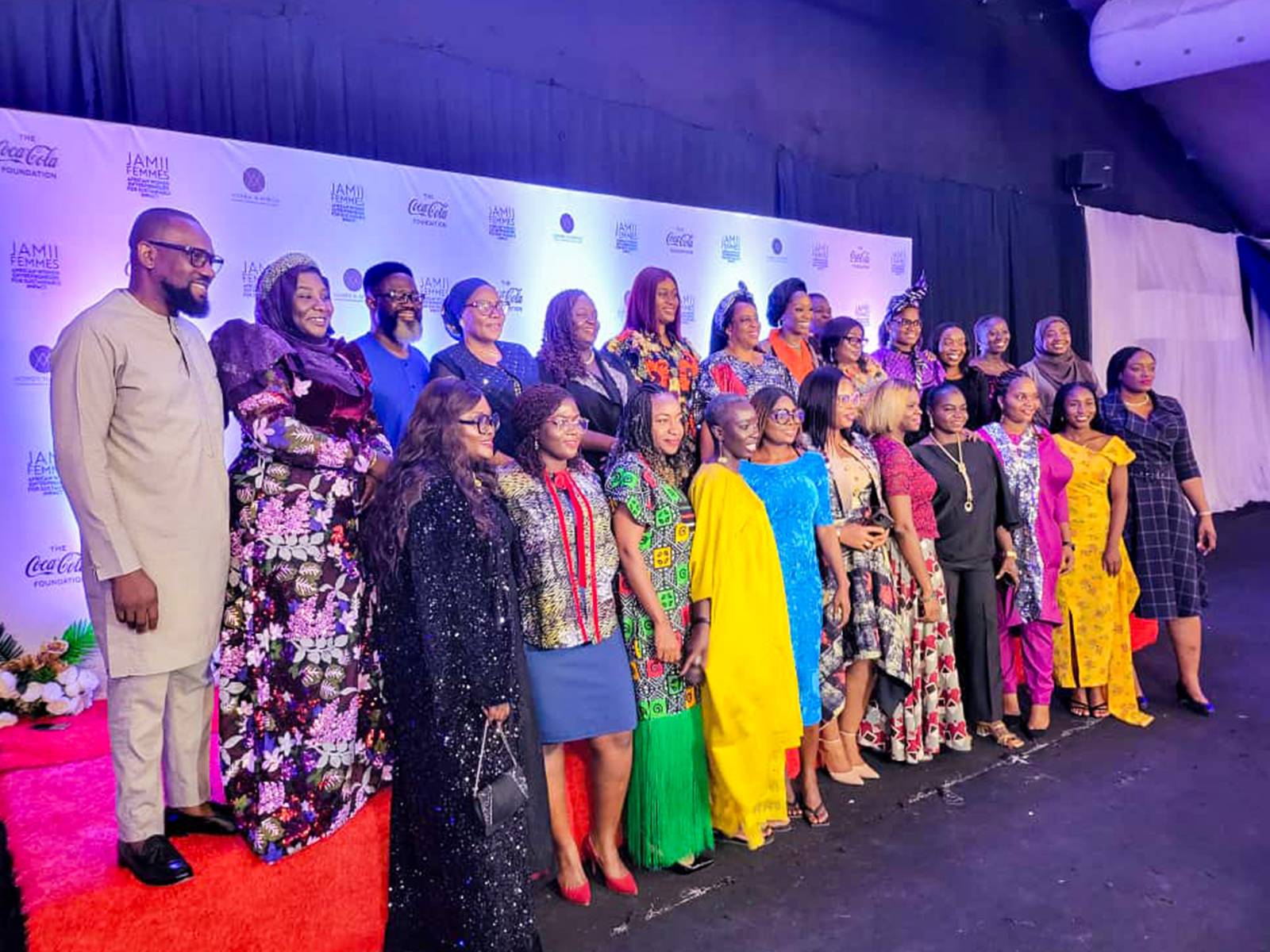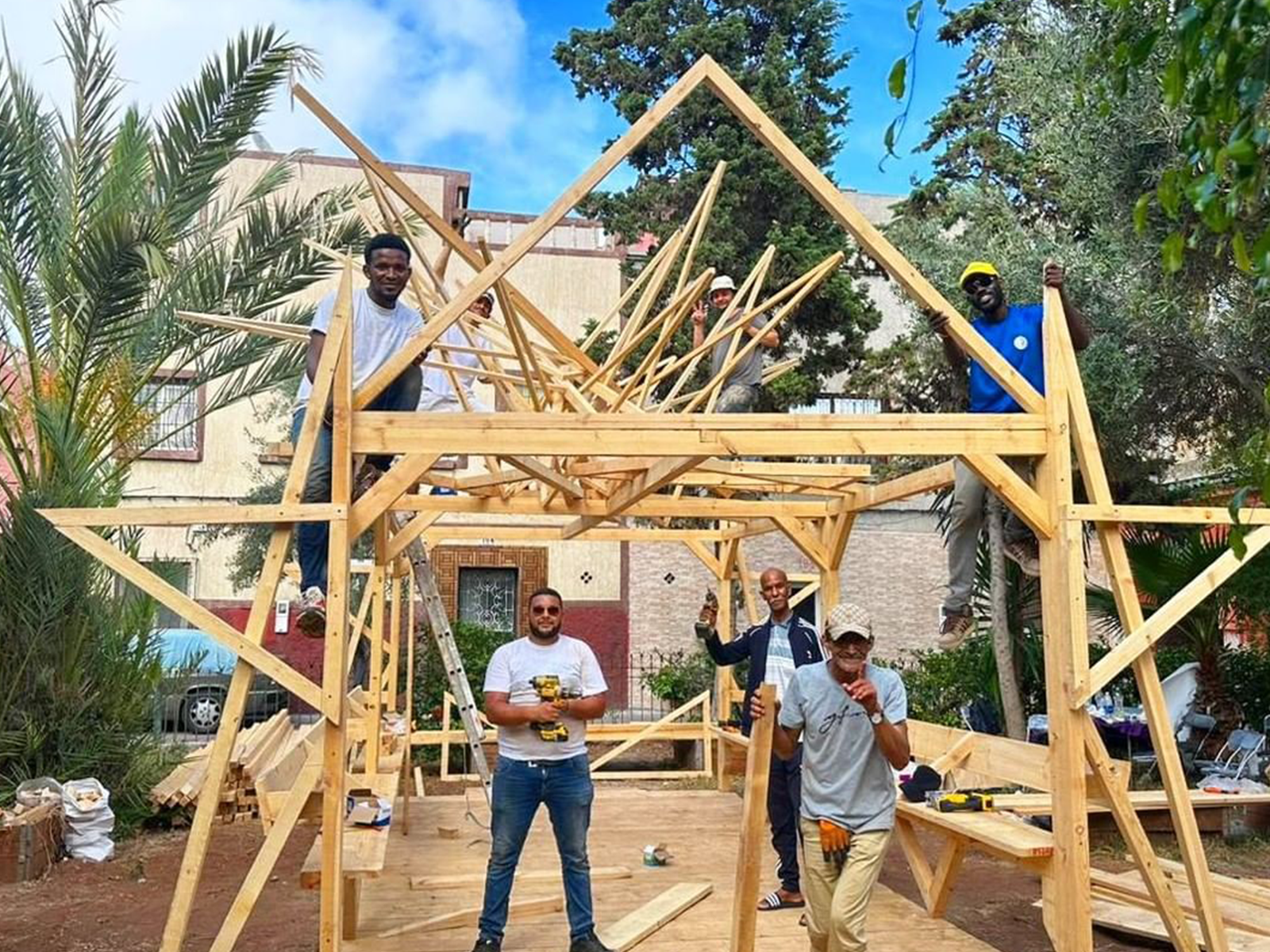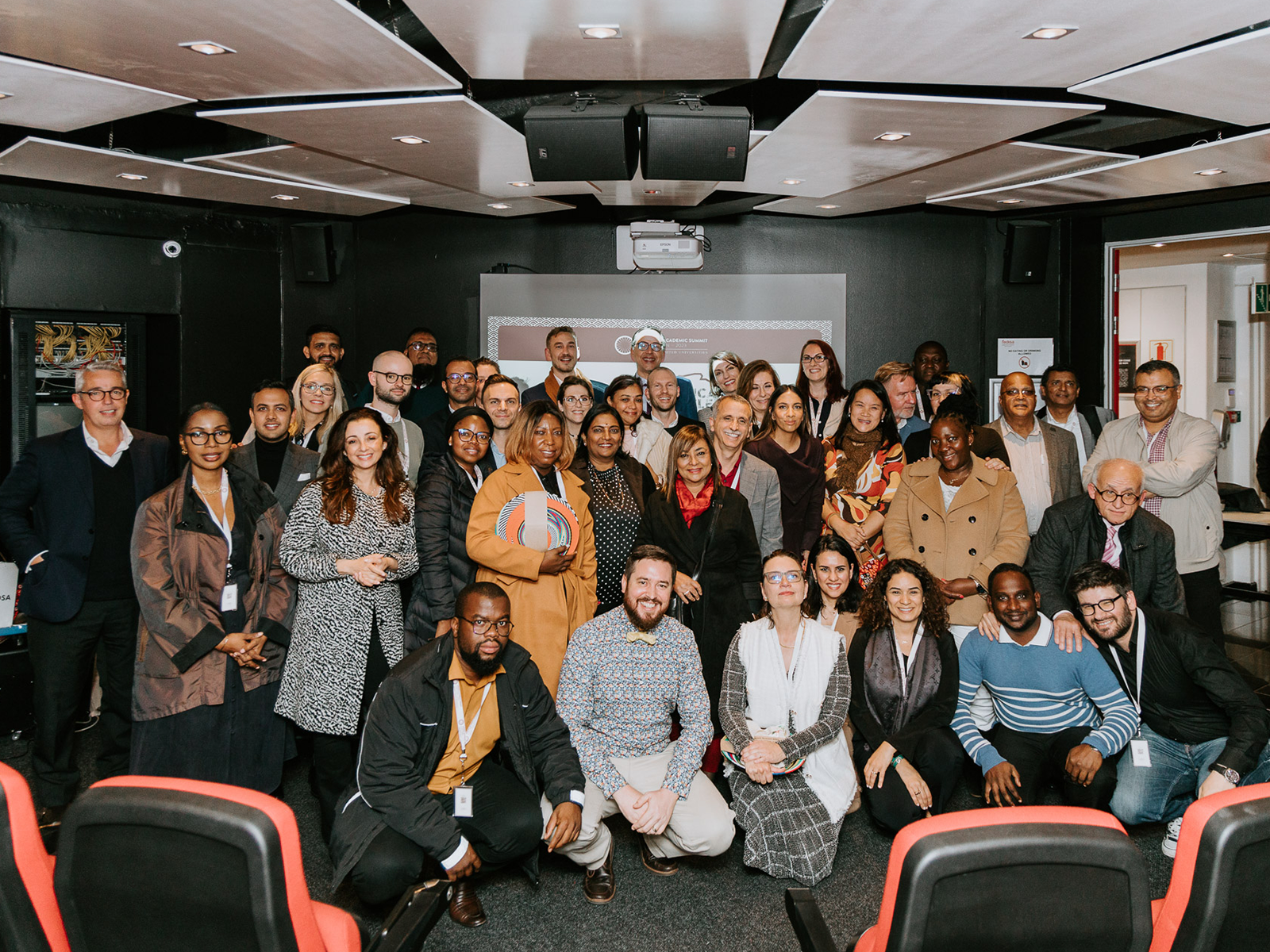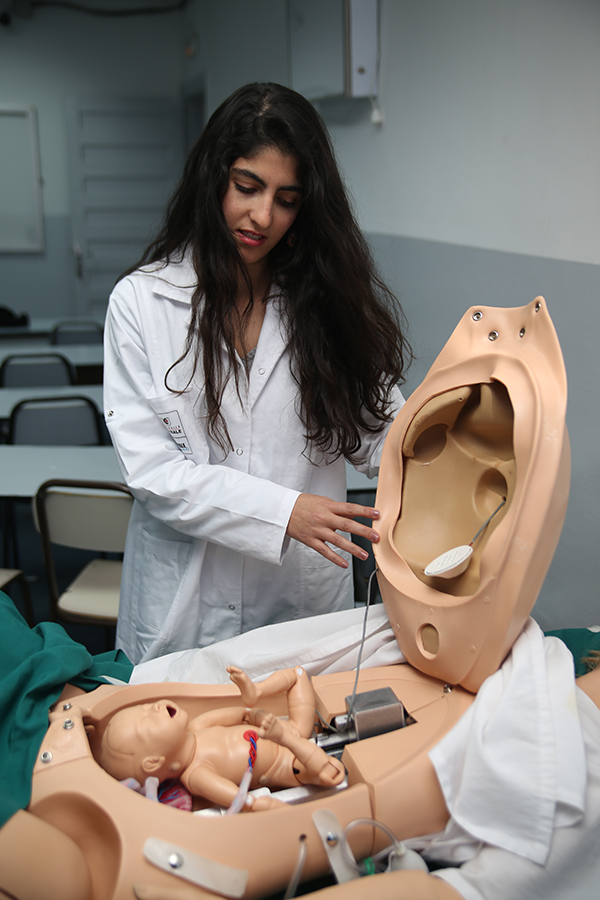
Increasing access to quality education in Africa



As global disruption continues to reshape the world of work, the imperative to provide quality, relevant education has never been more critical. Our innovative and future-oriented learning approach widens access to quality education for African learners, building capacity in critical skills to drive student success and transformation of the continent.
For Honoris, quality learning goes beyond the transmission of knowledge and aims to empower learners with the skills, requirements, and mindset necessary to thrive in a rapidly changing world. The development of education, teaching, and learning must align with the digital transformation witnessed across varying industries, particularly fast-growing employability sectors such as STEM, business, and health.
Our academic models allow learners to transfer their knowledge and skills to new contexts and solve complex problems effectively. Thanks to this approach, engaged learners are more likely to retain information, develop critical thinking skills, and apply their learning in real-world contexts.
Students outcomes
At Honoris, the average success rate of our students is 88%, and we are encouraged to find the attrition rate decrease for another year, falling from 4.6% in 2021, to 4.4% in 2022.
Success rate
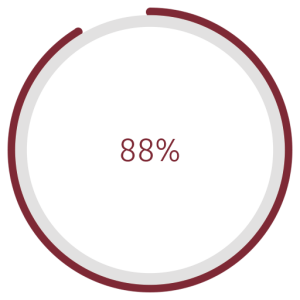
Attrition rate
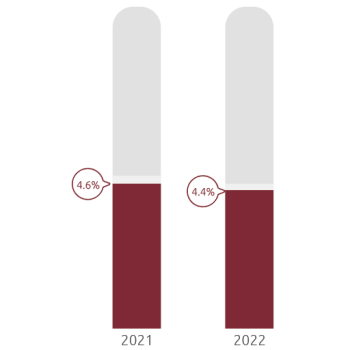
International accreditations and awards
Honoris institutions repeatedly receive international recognition and awards for their transformative approaches and levels of quality.
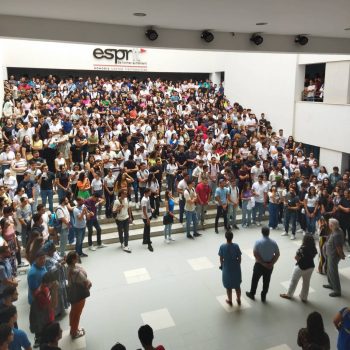
ESPRIT Group, Tunisia
ESPRIT Group, Tunisia, retained a 100% student success rate in 2022. All of its academic programs are EUR-ACE labeled, through the French accreditation agency ‘Commission des Titres d’Ingénieurs’ (CTI). The CTI is a founding member of the European Network for Accreditation of Engineering Education (ENAEE) since its foundation in 2006, ensuring the highest quality, effectiveness, and compliance with international standards in engineering.
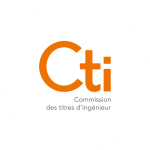
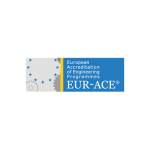
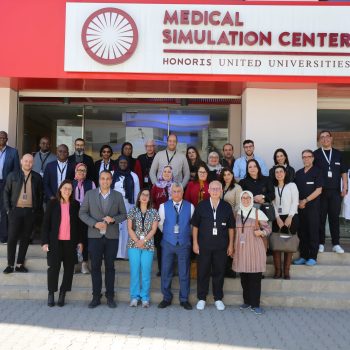
Medical Simulation Center, Tunisia
Our pioneering Medical Simulation Center in Tunis remains one of the first centers of its kind in Africa to be accredited by the US-based Society for Simulation in Healthcare. More than 5,000 students, 400 healthcare professionals, and 60 obstetricians from Northern and Sub-Saharan Africa have been trained through its programs, which deliver world-class teaching and learning. We continue to assess opportunities for the expansion of the MSC into other Honoris markets across Africa.
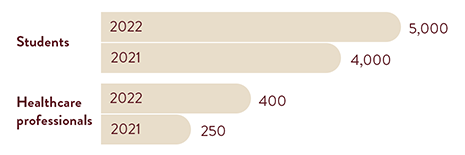
New Programmes
27
New Programs in 2022
2022 saw the launch of 27 new programs to build our diverse academic portfolio. In addition to traditional degrees, we launched short courses, and answered the increased demand from learners for accessible learning options. Our academic offering includes degrees in the fields of Medicine, Health Sciences, Engineering, IT, Business, Law, Architecture, Creative Arts, Fashion and Design, Media, Political Science, and Education at undergraduate, postgraduate, Master, and Doctorate levels.
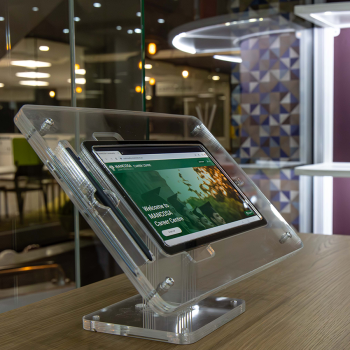
MANCOSA, Southern Africa
In August, MANCOSA launched its School of Healthcare to address the Continuous Professional Development needs of healthcare workers in South Africa. Backed by MANCOSA’s 27 years of experience in distance and online higher education, the School of Healthcare serves to meet the ever-changing demands placed on the country’s fragile and complex post-pandemic health workforce.
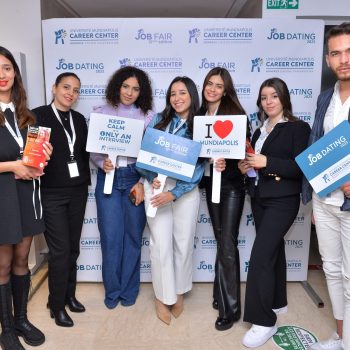
Université Mundiapolis, Morocco
Similarly, increased access to healthcare in Morocco continues to drive the need for quality nurses and health professionals. Université Mundiapolis de Casablanca extended its multidisciplinary portfolio into the Health Sciences sector, answering the skills gap in this critical component of the country’s development trajectory and providing high-quality talent through tailored programs.
International partnerships
To widen the breadth and collaborative intelligence of the network, Honoris builds partnerships with other academic organizations, institutions, and foundations across the globe.
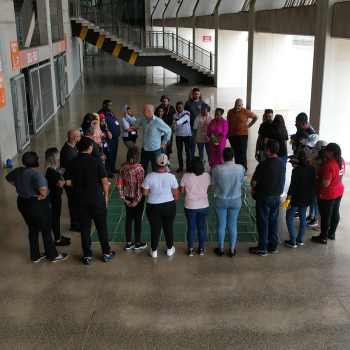
Since its inception in 1951, the Lindau Nobel Laureate Meetings have developed into a unique international scientific forum. The annual meetings provide an opportunity for exchange among scientists of different generations, cultures, and disciplines – harmonious with the Honoris mission to increase participation and research in natural sciences and economics across Africa.
This milestone event is an opportunity for young scientists to meet existing Nobel Laureates for cross-generational and interdisciplinary exchange and inspiration.
Two economics students from REGENT Business School in South Africa successfully completed the multi-stage selection process in 2022, whilst four students from the previous year were invited back to participate as the landmark event returned to in-person format in Germany.
Closing the skills gap
By 2100, 43% of the world’s population below the age of 24 will be Africans. We have the potential to provide the global workforce of the future, but we must ensure that students receive the quality education that provides the skills necessary to succeed. The skills gap in Africa continues to cause concern to business leaders. Whilst globally 63% of CEOs are concerned about the availability of key skills in the talent pipeline, 50% of African employers state that job seekers’ skills do not match their needs, with an estimated 62% in sub-Saharan Africa being deemed as undereducated.
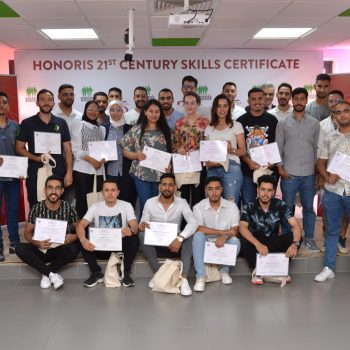
Last year we reported on the success of our Honoris 21st Century Skills Certificate, the first transversal program launched through the Honoris Online Academy in all Honoris institutions. More than 23,000 learners have completed the course, up from 10,000 in 2021, that embeds the key digital and soft skills required for the new world of work. The fully online program trains learners in the eight skills most in demand by employers: behavioral intelligence, critical thinking, creativity and design thinking, communication, collaboration, coding, data analytics, and entrepreneurship.

Work-integrated learning is another solution that benefits both students and employers. In certain markets, Honoris institutions work closely with corporate partners to co-design curricula that prepares graduates with real-world industry experience, in some cases involving time spent working in the offices of the business whilst still attending classes and examinations at the institution.
Honoris institutions’ leadership and faculty across the continent continuously strive to enhance the learning experience through quality education to increase student outcomes.

